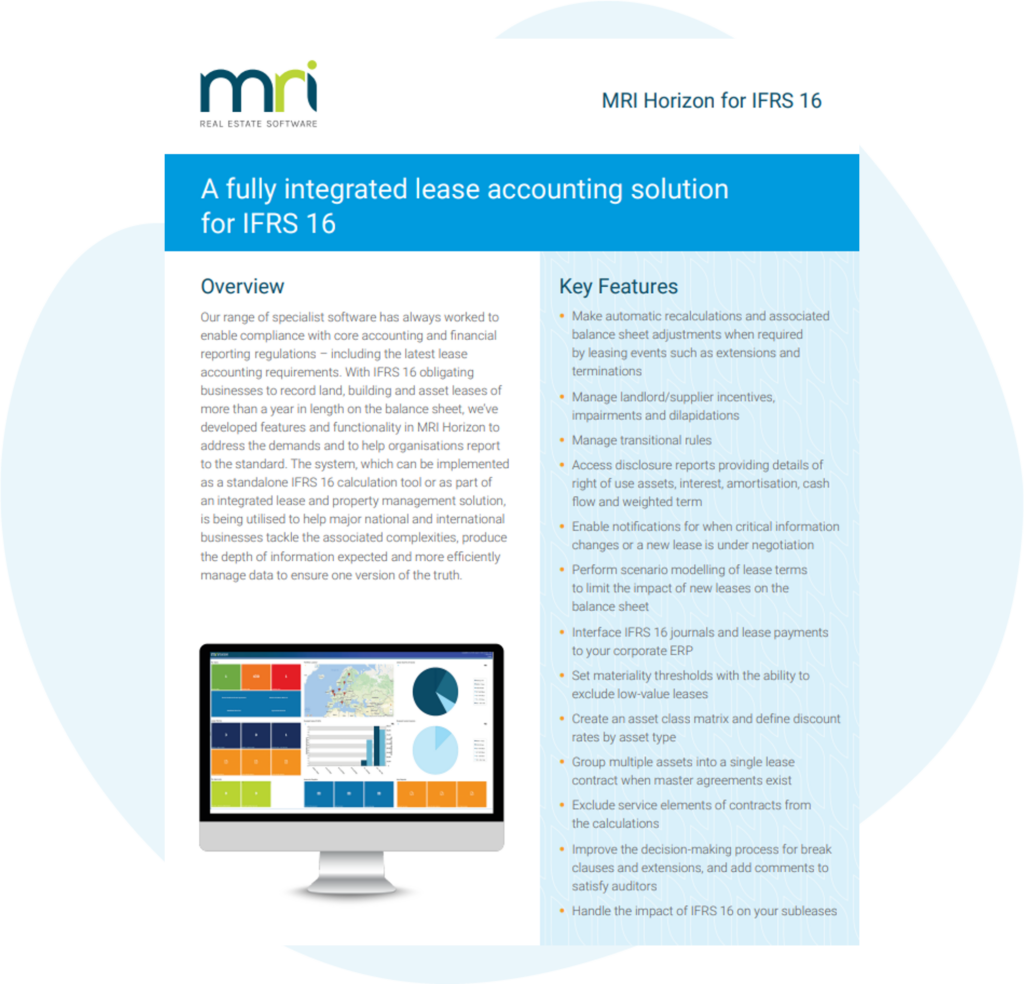PropTech in 2022: 3 key trends to watch
When the pandemic struck in 2020, almost overnight, office workers switched to remote working and PropTech quickly became a business imperative. To manage the fallout of the crisis, landlords, property managers, and occupiers embraced tools that enabled COVID-safe digital interaction such as virtual tours, electronic rent payments, visitor management systems, and automated lease abstraction. When 2021 arrived, it ushered in a different scenario, which emphasised accommodating the ‘new normal’ and preparing companies for long-term hybrid working. The ‘new normal’ was simply becoming ‘normal’.
2021 was also the year that PropTech attracted attention beyond the usual real estate insiders and technology investors. This specialised technology was on the broader business community’s radar. Senior decision-makers across a breadth of industries began to acknowledge the close links between workplace and workforce, recognising that this relationship plays an essential role in the success of the hybrid model. It wasn’t just the real estate team and sometimes the finance department interested in how PropTech could be leveraged – human resources and the C-suite were now in on the action.
As we look to 2022, many businesses are still trying to define which hybrid model will work best for their organisation in the long run. As a result, PropTech will be pushed further into mainstream strategic business conversations and inspire developments in three key areas:
Greater collaboration between HR and real estate
Regardless of which hybrid model businesses choose, their office space will need to be optimised to balance health and wellness with employee performance. HR’s overarching role is to ensure employees feel safe and motivated when they’re in the office. Facility managers can ensure these objectives are fulfilled by planning appropriate layouts, selecting desk-reservation apps, and analysing new space requirements while monitoring attendance, indoor air quality, and access. Silos between departments must be broken down to facilitate true collaboration and create a safe and engaging environment.
AI moves beyond lease abstraction
Uptake of artificial intelligence (AI) driven real estate technologies that help give investors, owners, and occupiers a quick and detailed picture of what is going on with their property and lease portfolios will continue through 2022. Once the true impact of the pandemic on retail spaces, offices, and other workplaces became clear, landlords and tenants needed accurate information that provided fast answers in areas such as Force Majeure clauses across their lease portfolios and other sections relating to their rights, responsibilities, and options. Nobody had the time to manually sift through endless pages of lease agreements to determine who needs to pay rent when offices are unoccupied or partially occupied, or who does and does not have the right to renegotiate or terminate leases.
AI proved invaluable in the lease abstraction process because it could quickly pinpoint the relevant information for landlords and tenants. As a result, businesses are now turning to AI for tasks beyond lease abstraction, including using it to digitalise contracts and other legal documents along with automation and the elimination of dashboards – all of which support the collaborative efforts of real estate, finance teams, and management as they make strategic decisions about lease obligations.
Improved energy efficiency
One of the major advantages of the hybrid office model is that when managed smartly and efficiently, it can help reduce costs – but there are other ways to streamline operations when rethinking the workplace set-up. It also presents an opportunity to evaluate energy usage based on space utilisation. Sustainability is, quite rightly, an important topic, and businesses will need to become more conscious about their carbon footprint and look for ways to reduce it. By using PropTech tools, companies can reduce energy bills and support sustainability, now a common goal for environment, social, and governance (ESG) programmes. Data can be sourced from IoT sensors, badge swipes, and employee and visitor check-ins to better understand actual usage for utilities such as air conditioning and lighting.
If fewer employees are occupying an office because of hybrid work arrangements, it may be possible to reduce utility usage. Such considerations are no longer the sole purview of real estate departments: Employees and investors are demanding that companies meet high standards of energy efficiency. Addressing these demands – along with the urgent environmental need to reduce carbon footprints – requires attention and action from all decision makers involved in developing long-term strategy. To make informed and astute strategic decisions, multiple departments and stakeholders need data and insights from across the organisation.
2022: The year PropTech goes mainstream
For companies planning and implementing a hybrid work model, it has become clear that real estate management has a major influence on corporate culture – from employee satisfaction to recruitment to ESG. Consequently, businesses are realising that PropTech doesn’t just support real estate organisations – it has a wider impact on the business and helps meet both immediate and long-term strategic objectives. While PropTech may not be part of every organisation’s mainstream business and technology conversations yet, 2022 will further elevate it as business leaders realise how it will underpin deeper relationships between workforce and workplace.
Download the ebook to learn more about how PropTech can help your business prepare for the workspace of the future and ensure that your workforce remains safe and engaged.
Multi-discipline technology for property owners, investors and occupiers.Property Management Software

A fully integrated lease accounting solution
for IFRS 16
In today’s dynamic financial landscape, achieving compliance with evolving accounting and reporting regulations is more critical than ever. MRI stands at the forefront of facilitating this compliance, particularly in light of the demands set fo…
